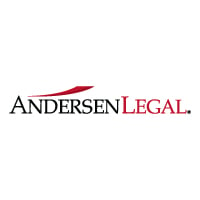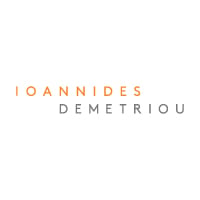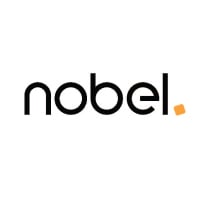

Head of corporate banking legal support | Eurobank





Sophia Apostolidou
Head of corporate banking legal support | Eurobank
Team size: 21
How do you approach managing legal aspects during periods of instability or crises, and how does your legal strategy align with the broader business strategy to ensure the organisation’s resilience?
First, prevention is the best way to manage legal aspects during periods of instability or crises, i.e. having foreseen them in the context of a registry of associated legal risks and being well prepared for them. Secondly “knowledge is power”, so the more you know about the issues you are called to resolve, having access to an experienced team, but also to specialists and expert opinions, the more confident you become in being able to offer safe legal solutions for the organisation during unstable times. Speed and efficiency are important in crises, but legal safety and ethics in the handling of legal issues of the organisation should never be compromised.
One of the key problems during periods of instability or crises is people management and the de-motivation of the team, since in these times, and in Greece, unfortunately, we have had a lot of these recently, rewards are never enough especially compared to the heavy workload of legal teams required. A way of managing this and motivating the team is to stress out the exceptional experience they are gaining, as well as the invaluable know-how during crises, which they will significantly benefit from in better times. Moreover, since we provide legal support in the field of corporate banking, we support financing to medium and large corporations during crises, which is very important and motivating since in a way we help market participants overcoming the crisis itself.
Finally, instability and crises, must not only be acknowledged in a pessimistic way, since they are also times of commercial opportunities and prevention (even enhancement) of the reputation of both corporate clients and the organisation. So, the legal team must also be creative and resourceful in this respect. This is all very much aligned with the values and the broader business strategy of the Bank whereby the client should always be the centre of any activities and the Bank’ s corporate purpose corporate purpose is “Prosperity Needs Pioneers”.
What measures has your company taken to embed sustainability practices into its core business operations, and how does the role of the general counsel contribute to driving and ensuring sustainable practices within the company?
Our bank has defined its ESG strategy and embedded sustainability practices in a holistic approach, as two pillars of impact generation: the operational impact arising from the Bank’s activities and the financed impact resulting from the Bank’s lending and investing activities to specific sectors and clients. These two pillars of impact aim to capture the essence of the bank’s business effect on the climate, the protection of the natural environment, the bank’s contribution to addressing societal challenges at large, the prosperity of the bank’s own people, the bank’s contribution to raising business capacity in the markets where the bank operates, and the bank’s internal processes that build and secure the confidence of its stakeholders.
Since our legal team is responsible for corporate banking legal support, we co-operate very closely with the competent units of the Bank in the above financed impact of the organisation’s ESG practices, namely in the offering of financing and advisory on landmark projects and transactions contributing to sustainable development, by drafting and negotiating respective finance, security, project and supporting contracts and documents, which for these clients are tailor made, as well as by supporting all respective ESG issues and the bank’s respective policies and internal procedures.
We are also involved in the bank’s project of deploying recovery and resilience EU (RRF) funds in the Greek economy, towards the recovery from the pandemic and a more sustainable, environmentally friendly and socially just direction, which under the RRF programme focus on meeting certain performance thresholds regarding green transitioning and digital transformation in all RRF financed projects. Our team is proud to provide legal support in major financings and projects under the green transition pillar renewable energy sources (RES) for the construction of PV parks, with an emphasis on former lignite producing areas, on electromobility and micromobility, followed by digital transformation and extroversion pillars, not only by drafting and negotiating respective agreements as aforementioned, but also in supporting all legal issues and procedures under the RRF programme.